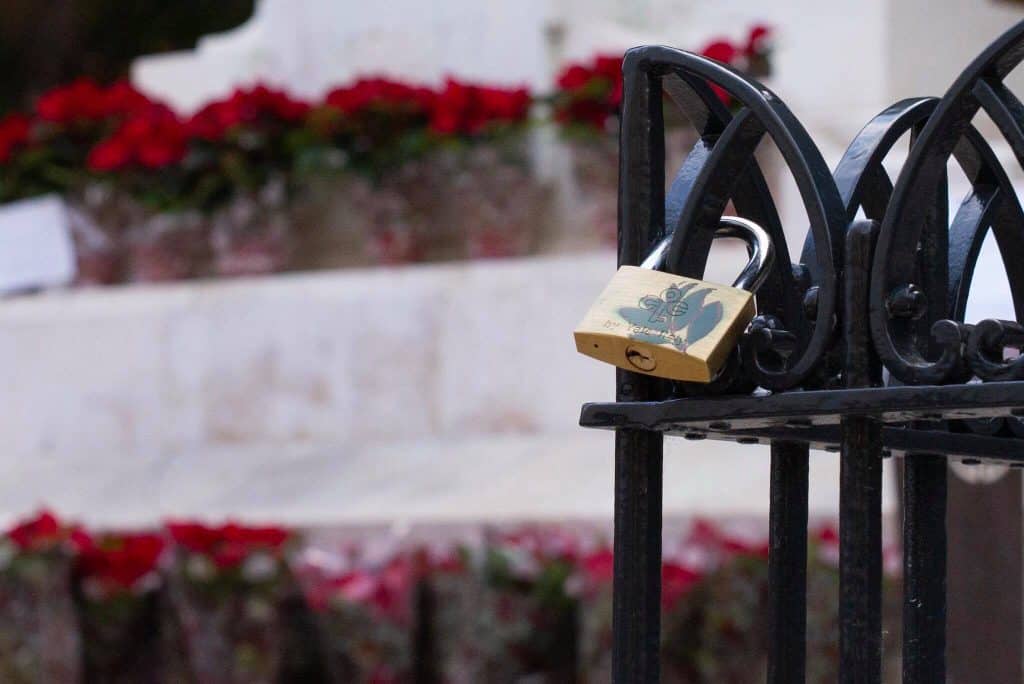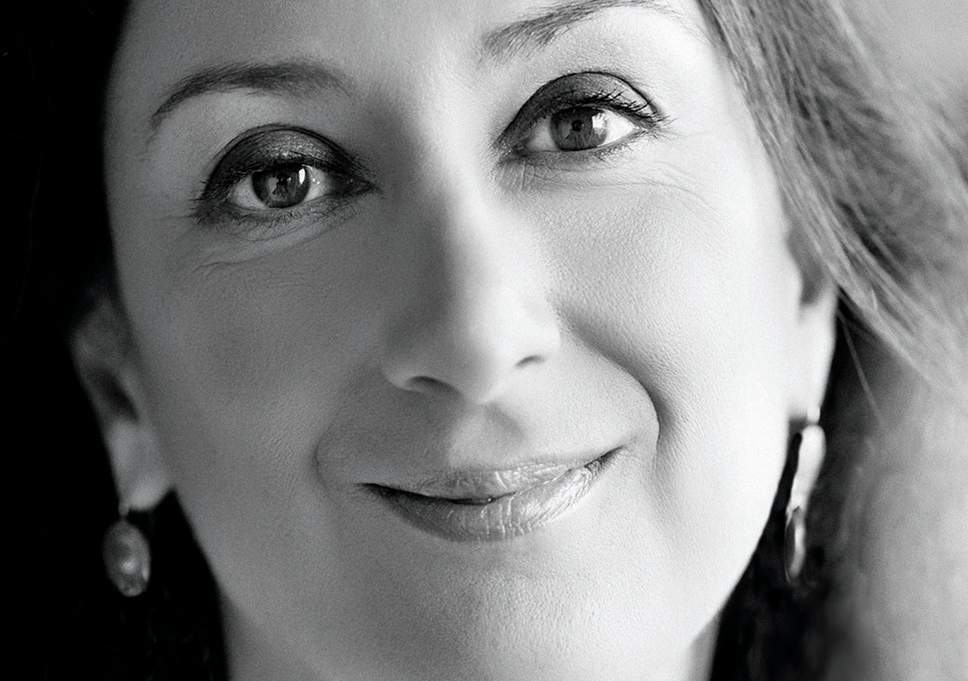
Fifteen months after Daphne Caruana Galizia was assassinated and we still don’t know whose idea it was. We do know who’s better off since she was killed and we do know they’re still in office.
Her death has not served in any way to make us aware of the need to upgrade standards in our public space. Quite the contrary the race to the bottom is well and truly on. The Nationalist Party has just made it its official policy that allegations are not grounds to demand resignations, even if these allegations are made by witnesses very close to the alleged crimes.
Only conviction can justify resignation.
Which now means that standards for politicians are lower than standards for the civil service, say. If you’re a government employee charged by a criminal offence, you are suspended on half pay pending the outcome of the judicial process. A charge is but an allegation. You are still presumed innocent. But if you’re an employee of the government, you’re kicked out of your office whether you’re the Cabinet Secretary or a latrine attendant.
They are lower standards than is expected of the clergy that is expected to suspend their public ministry while the allegations are being investigated. Our politicians’ public ministry
The Nationalist Party has changed its policy on this. Instead of demanding a higher standard of accountability, it has set the bar lower, in order to accommodate the incumbents.
This is incredibly accommodating for people in government who face multiple allegations of corruption but have not actually been convicted for any of them. Not that they’ve been acquitted, though the Egrant inquiry conclusions and the now notorious Giovanni Grixti judgement have been deceitfully presented as exonerations.
Inasmuch as you cannot be convicted unless you’re tried, you cannot be acquitted either.
What we’re left with is a dark,
If you can’t meet accepted standards for public life, lower them.
Daphne Caruana Galizia’s life work was fighting and resisting this retrograde philosophy. She was not a political leader and she had no illusion her writings would do more than hopefully persuade people who were open to persuasion. She knew what she was up against and she knew just how grim her chances of success were.

But as she put it once, they would have to kill her in order to make her stop. And so they did.
By gathering for another vigil on Wednesday night we too have no illusions. Even if people in the major political parties have rationalised our movement as a partisan project to get someone or someones elected to some office, their fear of minds that think independently of them cannot be the reason to stop the fight.
Like Daphne Caruana Galizia we have no illusion that we can persuade anyone but those who are willing to consider argument, reason, evidence and experience to make up their minds. But that’s no reason to stop.
We know that for many people the killing of Daphne Caruana Galizia becomes smaller in their rear view mirror. But looking at the rear view mirror all the time is not the safest way to drive. We are missing the future that looms ahead, ever larger. It’s a future where justice is not equal for all, where delinquents rule, and where journalists who report allegations on politicians are deemed treasonous, demonised and lined up for murder.
And that future has come to pass.
The more time passes the more these protests are urgent and necessary.
Every month we tell you to bring flowers and candles with you. Following the example of il-Kenniesa, might I suggest you bring a tamper proof padlock with you? There’s no reason why it should be easy for our censors to wipe our protest away.
The next Truth and Justice vigil is being held on Wednesday 16th January at 7pm in front of the Law Courts in Valletta.